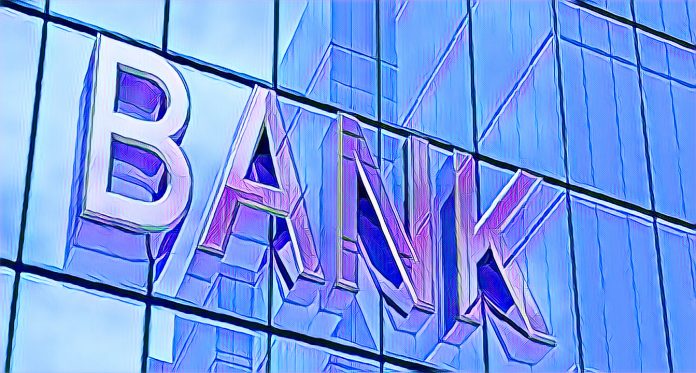Stock deals in Nigeria have seen a remarkable 44% increase, driven by ongoing efforts in the banking sector to recapitalize and strengthen financial institutions. This surge reflects a growing investor confidence in the Nigerian stock market, spurred by recent regulatory and financial moves aimed at bolstering the stability of banks.
The recapitalization of banks has been a significant focus for the Nigerian financial sector, with several institutions undertaking major capital-raising initiatives. These efforts are part of a broader strategy to enhance the resilience and competitiveness of the banking sector amid evolving economic conditions.
The 44% jump in stock transactions highlights the positive market response to these recapitalization efforts. Investors have been actively engaging in stock trades, buoyed by the improved financial health of banks and the potential for higher returns. The increase in trading activity underscores a growing optimism about the Nigerian economy and the stability of its financial institutions.
Financial analysts attribute the surge in stock deals to a combination of factors, including the strategic moves by banks to raise capital, favorable market conditions, and renewed investor interest. The recapitalization process has involved both equity and debt instruments, with banks seeking to strengthen their balance sheets and support future growth.
The Nigerian government and regulatory bodies have played a crucial role in facilitating these recapitalization efforts. Policies aimed at enhancing the capital base of banks and ensuring their compliance with international standards have contributed to the positive market environment. These measures are designed to safeguard the financial system and support sustainable economic development.
Investors are closely monitoring the progress of the recapitalization efforts and their impact on the broader market. The increased stock deals reflect a cautious but optimistic approach, with market participants weighing the potential benefits of stronger and more resilient banking institutions. This trend is expected to continue as banks complete their recapitalization plans and demonstrate their enhanced financial stability.
As banks finalize their capital-raising activities, the focus will shift to the long-term implications for the Nigerian stock market and the broader economy. The successful recapitalization of banks is anticipated to strengthen investor confidence and contribute to a more robust and dynamic financial sector.
In summary, the 44% increase in stock deals underscores the positive market reaction to the banking sector’s recapitalization efforts. While challenges remain, the surge in trading activity highlights growing confidence in Nigeria’s financial institutions and their role in supporting economic growth.
Source: BusinessDay



